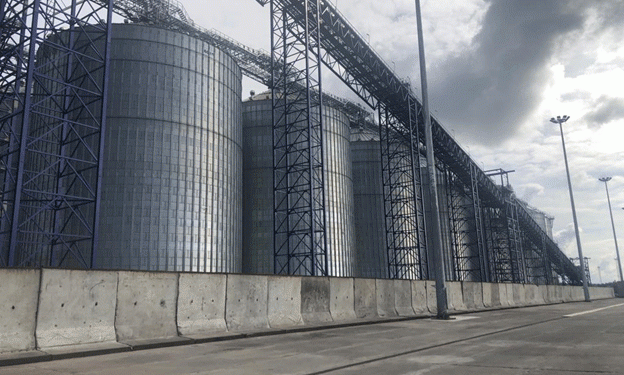In a historic move, Russian wheat has made its debut in the Angolan market, marking a significant milestone for the country’s agricultural export ambitions. This article delves into the recent shipment from Vysotsk Port, the export dynamics of grain from Leningrad Region, and the implications for farmers, agronomists, and the agricultural industry at large.
On October 13, 2024, the first consignment of Russian wheat was shipped from Vysotsk Port in the Leningrad Region to Angola, as reported by the press service of the Rosselkhoznadzor. This shipment is part of a broader trend, with 835,000 tons of grain exported through Leningrad Region ports since the beginning of the year. Notably, 533,000 tons of this grain has been wheat, underscoring the importance of this crop in Russia’s agricultural export strategy.
Before the shipment, experts from the St. Petersburg branch of the Federal State Budgetary Institution “Grain Quality Assessment Center” assessed the quality and safety of the export batch. Their analysis confirmed that the wheat met the importing country’s requirements, leading to the issuance of a non-radioactivity certificate and a phytosanitary quarantine report for the product.
The Vysotsk Port plays a critical role in these developments. The deep-water grain terminal, which opened in the autumn of 2023, has a designed capacity of 4 million tons of grain per year, supported by a substantial investment of 5.85 billion rubles. This modern facility is positioned to enhance Russia’s capabilities in grain exportation, benefiting farmers and agricultural engineers by providing efficient logistics and improved access to international markets.
Since the start of 2024, shipments have also been made to several countries, including Belgium, China, Italy, Mali, Turkey, Nigeria, Morocco, India, Jordan, Brazil, Cuba, Tunisia, Mexico, and Algeria. This diversification of export destinations not only strengthens Russia’s position in the global grain market but also highlights the growing demand for Russian wheat.
The successful shipment of Russian wheat from Vysotsk Port to Angola signals a promising future for Russian grain exports. As investments in infrastructure continue to enhance capacity and efficiency, farmers, agronomists, and agricultural engineers can anticipate increased opportunities in international markets. This pivotal moment may lead to the establishment of new trade partnerships and solidify Russia’s role as a key player in the global agricultural landscape.
Error




